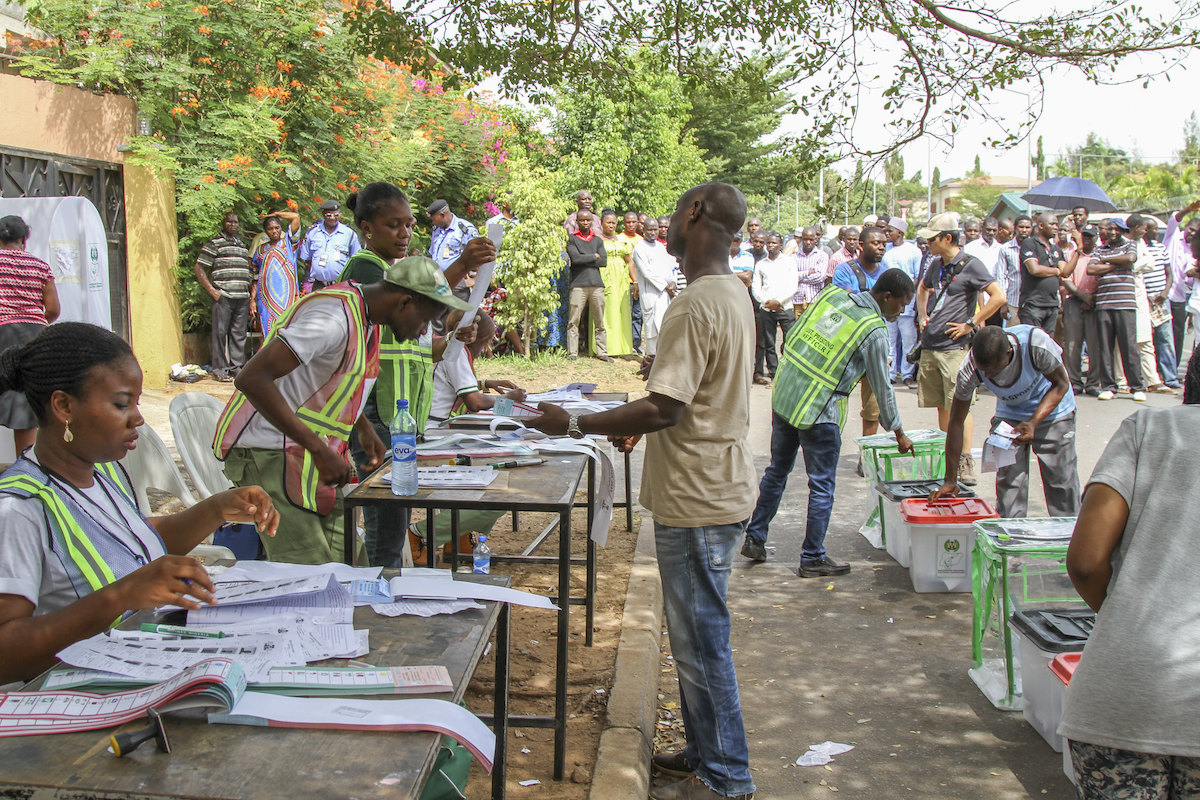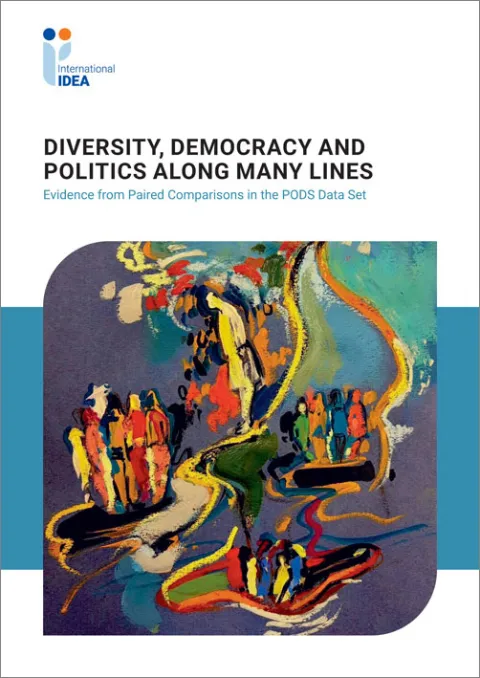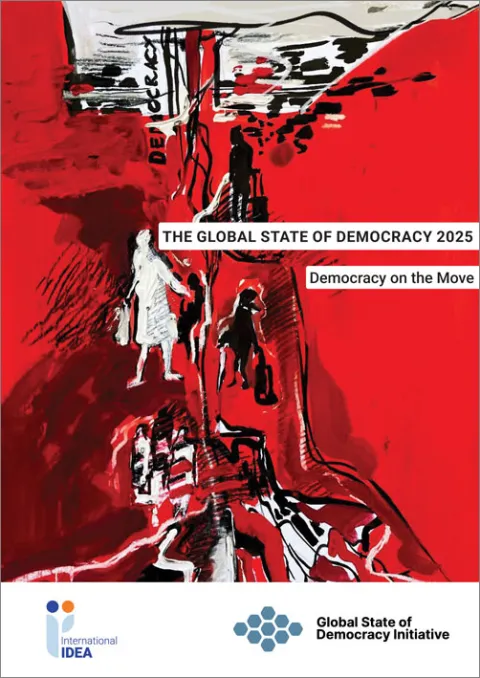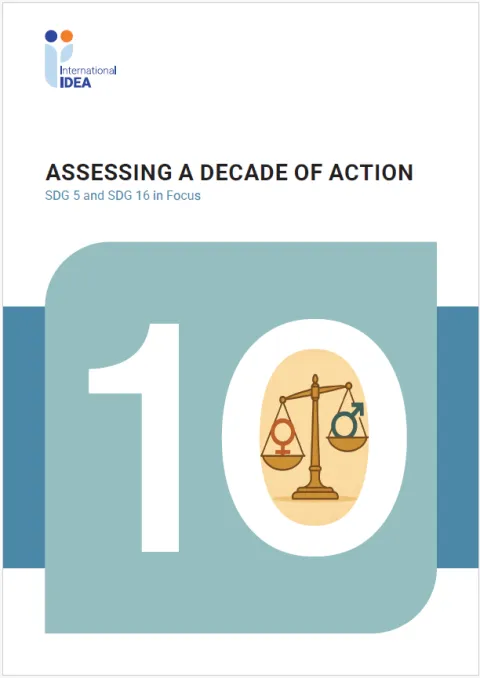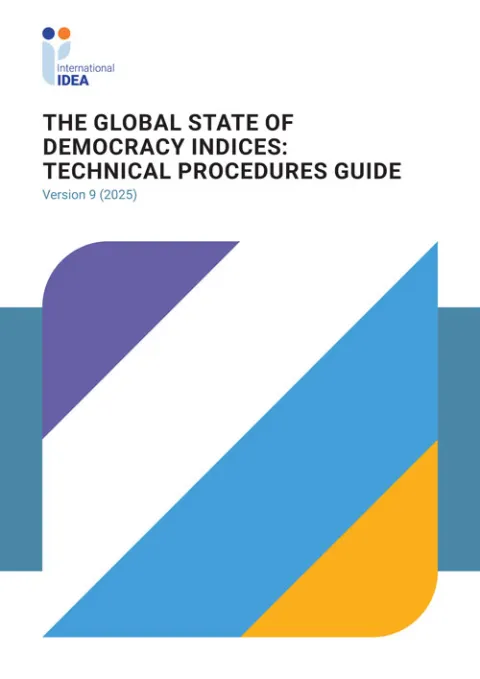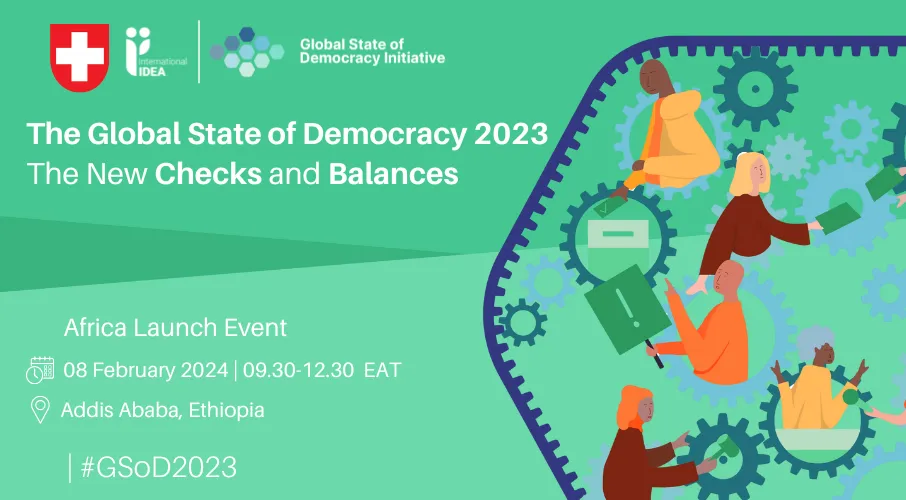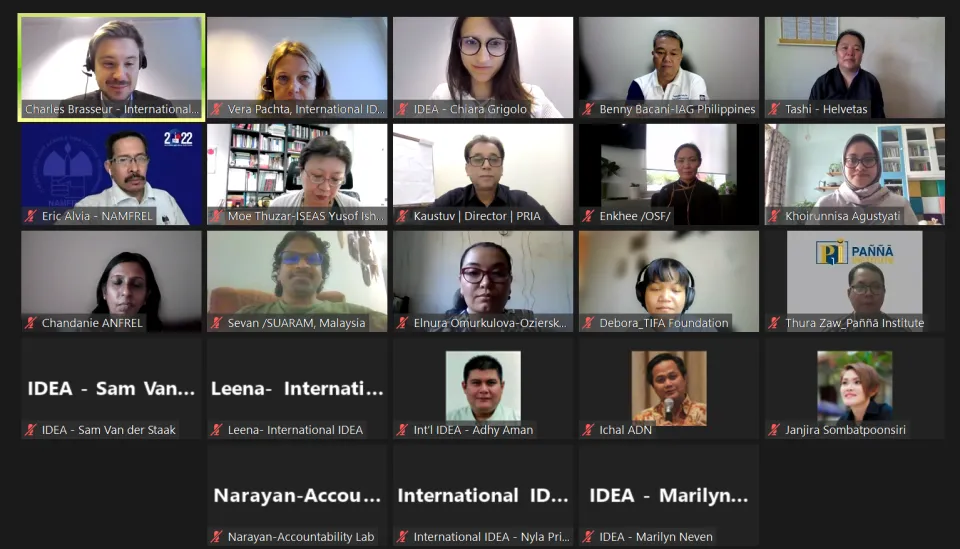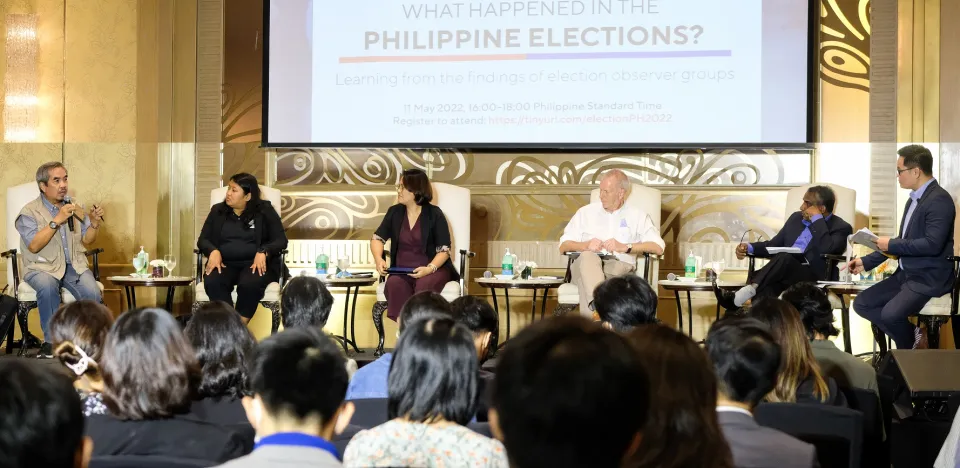The State of Democracy in Asia and the Pacific 2021
The Covid-19 pandemic initially broke out in the Asia and the Pacific region in late 2019, with the first cases in Wuhan, China. The pandemic has served as a magnifier of pre-existing democratic strengths and weaknesses within governing systems around Asia and the Pacific. In the majority of cases, the region’s hybrid and authoritarian regimes tightened their grip on society in response to the pandemic. Quality of democracy continued to decline in number of region’s democracies.
Despite these challenges, in its response to the Covid-19 pandemic, the Asia and the Pacific region has demonstrated impressive democratic resilience and innovation. In contrast to other regions, several countries already had legal and institutional frameworks in place tailored to dealing with global health emergencies and were able to activate these rapidly. Importantly, experiences by several Asian countries have highlighted the fact that such a crisis can be contained while respecting legal constraints and coordinating across an array of elected and unelected institutions. All democracies needed to balance between individual and collective rights.
This Report provides lessons and recommendations that governments, political and civic actors, and international democracy assistance providers should consider in order to counter the concerning trends in the erosion of democracy, and to foster its resilience and deepening.
International IDEA’s Global State of Democracy Reports review the state of democracy around the world. Access the digital version to download PDFs or read online. The 2021 edition covers developments in 2020 and 2021, with democratic trends since 2015 used as a contextual reference. This report has on Africa and the Middle East is one of four regional reports that provide more in-depth analysis of trends and developments in Africa; the Americas; and Europe, which along with the Global Report complement and cross-reference each other. There are also three thematic papers that allow more in-depth analysis and recommendations on how to manage electoral processes and emergency law responses, and how democracies and non-democracies fared based on lessons learned from the pandemic. The reports draw on data from the Global State of Democracy (GSoD) Indices and lessons learned from International IDEA’s on-the ground technical assistance to understand the current democracy landscape. The 2021 reports also draw heavily on data collected by International IDEA’s Global Monitor of Covid-19’s Impact on Democracy and Human Rights.
A summary of global and regional key facts and findings is available in Arabic, English, French and Spanish.
Details
Contents
About the report
Acknowledgements
Foreword
1. Key facts and findings
2. Overview of key trends
3. Representative Government
4. Fundamental Rights
5. Checks on Government
6. Impartial Administration
7. Participatory Engagement
8. Conclusion
9. Policy recommendations
Endnotes
About International IDEA
Give us feedback
Do you have a question or feedback about this publication? Leave us your feedback, and we’ll get back to you
Send feedbackThe State of Democracy in Asia and the Pacific 2021
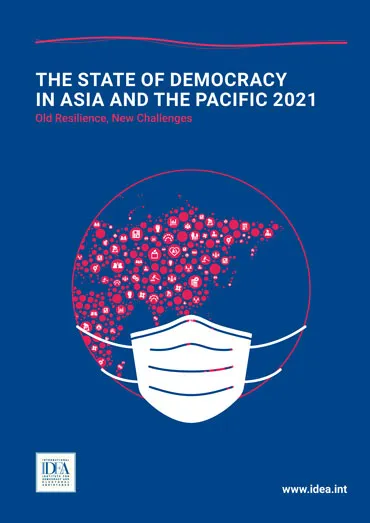
| Total views | 3921 |
|---|---|
| Downloads | 0 |
| Rating |
Give us feedback
Do you have a question or feedback about this publication? Leave us your feedback, and we’ll get back to you
Send feedback